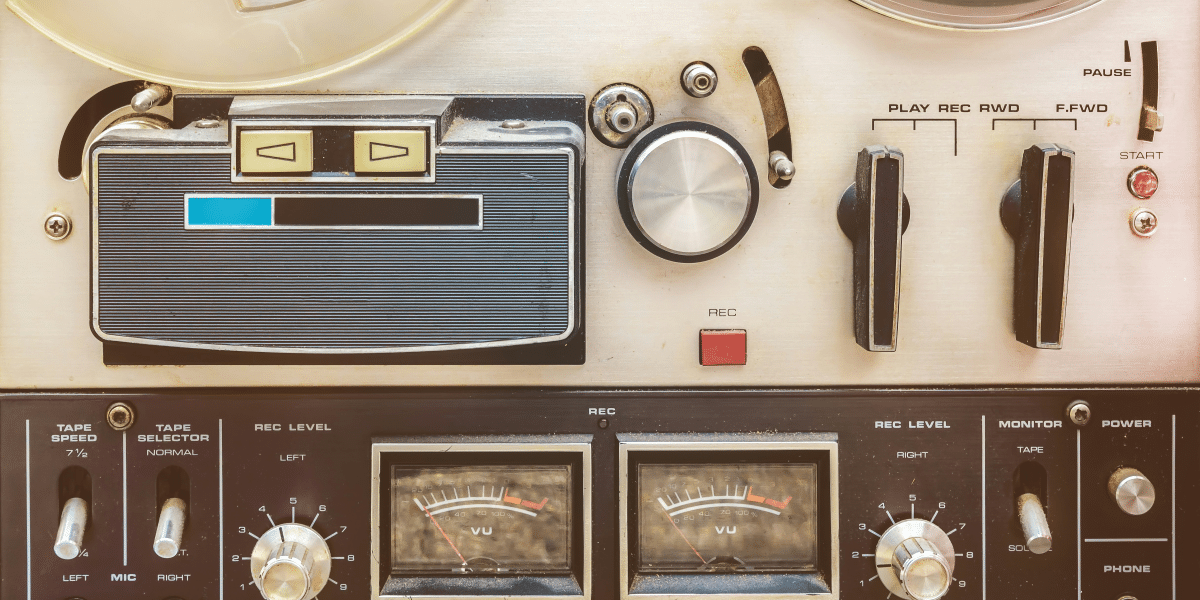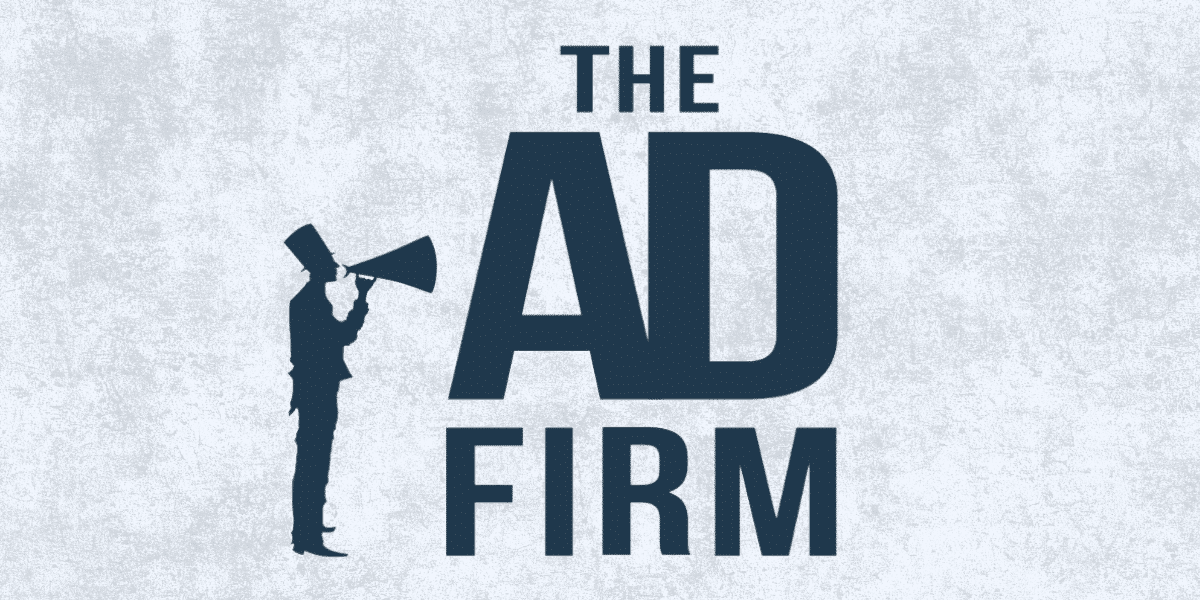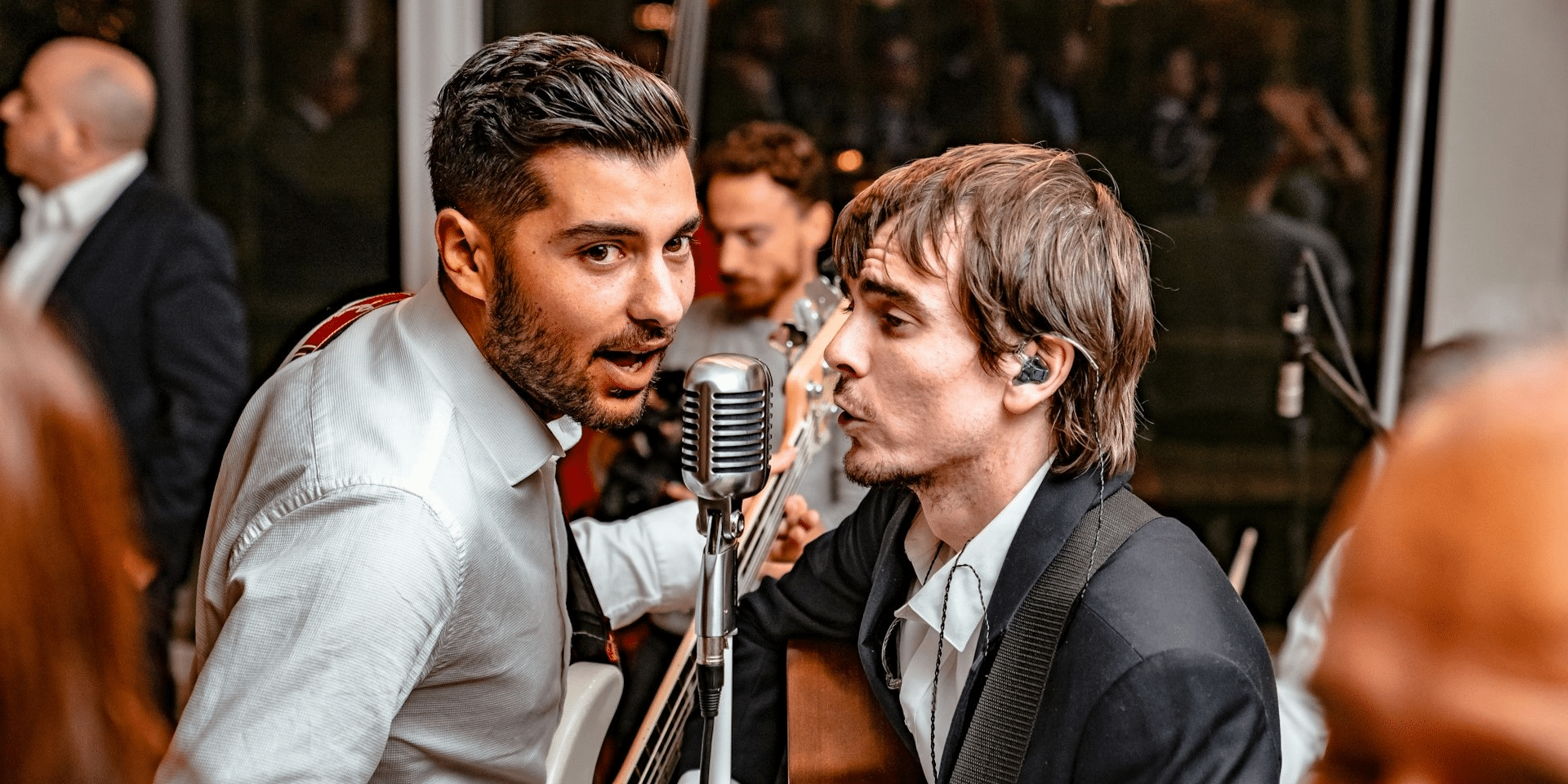By: Ben Yoder
Music education has undergone a significant transformation in the ever-changing landscape of education, adapting to new methodologies, technologies, and societal needs. Educators like Ben Yoder, a seasoned music teacher and advocate from Indianapolis, are at the forefront of this evolution, embracing modern trends and looking toward prospects in music education.
The Traditional Roots
Historically, music education revolved around classical training, emphasizing reading sheet music, understanding musical theory, and mastering technical skills on traditional instruments. This foundational approach often lacked inclusivity and flexibility, catering more to students with access to resources and specific musical interests.
The Shift Towards Inclusivity and Diversity
As society has evolved, so has the approach to music education. Educators have started to recognize the importance of including diverse musical genres and styles in their curriculum. This shift is about musical diversity and embracing students from various cultural and socio-economic backgrounds. Ben Yoder’s work in Indiana’s public schools is a testament to this approach, where he has successfully integrated diverse musical styles, from classical to contemporary, to engage a broader spectrum of students.
Technology Integration
The advent of technology has been a game-changer in music education. Digital tools and software have made music more accessible, allowing students to compose, edit, and produce music without expensive instruments. Programs like GarageBand and Ableton Live and various educational apps have opened new avenues for creativity and innovation in the classroom.
Ben Yoder emphasizes the importance of incorporating technology in music education. He notes that it makes learning more engaging and prepares students for a future where digital literacy is crucial. This integration also offers opportunities for students who may not have traditional music skills to explore their musical interests and talents.
The Role of Social Media and Online Platforms
Social media and online platforms have revolutionized how students access and engage with music. Platforms like YouTube, SoundCloud, and Spotify offer vast resources for discovering music, learning instruments, and understanding music theory. Moreover, they provide a space for students to share their creations, receive feedback, and connect with a global community of musicians.
Personalization and Student-Centric Learning
Modern music education is increasingly adopting a student-centric approach. This method focuses on the interests and abilities of each student, offering personalized learning paths. Such an approach encourages students to explore their musical interests in composition, performance, or music technology.
Collaborative Learning and Peer Feedback
Collaboration is another growing trend in music education. Group projects, ensemble performances, and peer feedback sessions are becoming commonplace, fostering a sense of community and teamwork among students. This collaborative approach enhances musical skills and develops essential life skills like communication, empathy, and cooperation.
The Importance of Performance and Real-World Experience
While traditional music education often confined performances to school settings, real-world experience is now increasingly emphasized. Opportunities like community theatre productions, local music festivals, and school collaborations with professional musicians and organizations provide invaluable experience for students. Educators like Ben Yoder have championed this approach, guiding students through real-world performance opportunities that enrich their learning experience.
Future Prospects: Where is Music Education Heading?
In the future, music education is poised to become even more diverse, inclusive, and technologically advanced. Virtual and augmented reality could offer new ways to experience and learn music. Imagine a virtual orchestra where students can practice and perform from anywhere in the world or augmented reality tools that help visualize musical concepts.
Artificial intelligence (AI) might also play a role in music education. AI-driven programs could offer personalized learning experiences, adapt teaching methods based on student progress, and even assist in composing and arranging music.
The Role of Educators in this Evolution
The role of music educators like Ben Yoder is pivotal in this evolution. They are not just teachers but also mentors, guides, and innovators. As the landscape of music education continues to change, educators must stay updated with the latest trends, technologies, and teaching methodologies. They need to be adaptable, creative, and open-minded, embracing the changes while maintaining the core values of music education.
Conclusion
The evolution of music education is an ongoing journey that balances tradition with innovation. As we look to the future, it is clear that music education will continue to adapt, grow, and thrive, preparing students for a world where music and creativity are more intertwined than ever. Educators like Ben Yoder will continue to play a crucial role in shaping this future, ensuring that music’s joy, discipline, and beauty remain accessible and relevant to all.
















